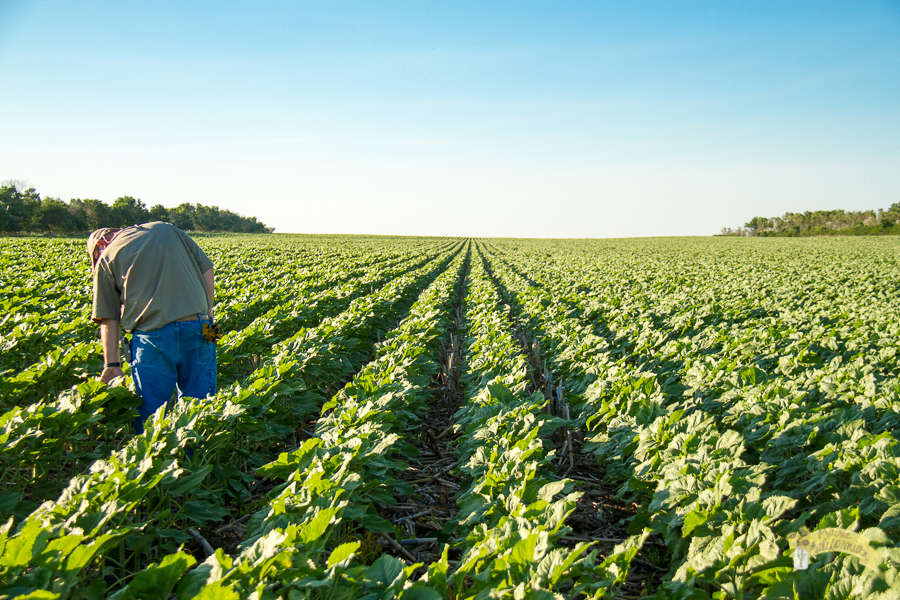
What exactly is an agronomist?
An agronomist is a professional who applies scientific expertise and tactics to the management and creation of crops. Agronomists operate in many different settings, from farms and ranches to government organizations and personal organizations. They may also operate in research laboratories or instruct at colleges and universities.
Most agronomists have at the very least a bachelor's diploma in agronomy or perhaps a relevant field, including agricultural science or soil science. Lots of agronomists also have master's degrees or doctorates. The exact nature of the agronomist's job is determined by his / her specialty and employer.
Agronomists play an important purpose in ensuring that crops are healthy and effective. They use their familiarity with plant science to establish ways to enhance crop production, combat pests and diseases, and preserve water along with other resources.
The purpose of the agronomist
is to help the world meet its developing food generation requirements. In accordance with the U.S. Bureau of Labor Statistics (BLS), employment for agronomists is expected to expand more rapidly than typical, with openings as a consequence of advancement and substitute requirements.
The work of the agronomist
is complicated and rewarding, with agronomists usually becoming involved in study and training.
The schooling of the agronomist
Agronomists will need at least a bachelor's degree in agronomy or associated field from an accredited university.
The future of agronomy
Agronomists help to ensure that the planet's population has sufficient foods, and so they work to improve crop yields and decrease agriculture's impact on the environment. The BLS suggests that agronomists are in here demand, but the level of competition for Work opportunities is probably going to become strong.
Conclusion
Agronomists are concerned with the study of plants, they usually do the job in many different fields, from agricultural analysis to raising crops. Agronomists are required to ensure that crops are generated for consumption, but In addition they help make biofuels and also other plant-based goods.